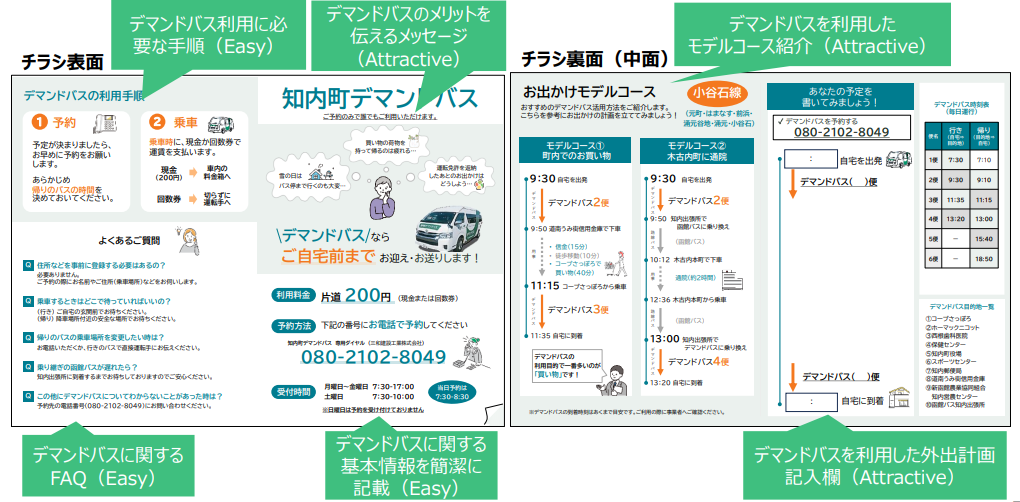HEMSを含む行動介入による省エネ効果をバイアスなく推定するためには,実験研究(RCT)の採用が理想的であることが知られている.しかし現実的にHEMSの導入は世帯・住宅属性等の影響を受けるため,準実験的手法を採用する必要がある.
本研究では,北海道の新築戸建住宅を対象に,HEMS導入世帯と非導入世帯の属性を傾向スコアにより統制する準実験的手法を採用することで,HEMSの省エネ効果を実証的に分析した。分析の結果,HEMS導入世帯では観察可能な属性が類似した世帯と比べて冬期にガス・電気の消費量が減少することが示唆された.省エネ効果はガスで14%,電気で6%と推定された.電気とガスを合計したエネルギー消費量に対する削減率は13%減(一次エネルギー消費量で12%減)であった.
In order to yield unbiased savings estimates from behavior-based programs, it is known that the use of Randomized Controlled Trials (RCTs) is ideal, and the number of demonstration cases is increasing in the field of energy efficiency in Japan. While HEMS and information provision services by energy retailers have been widely implemented in society, methods for evaluate the saving impact of measures that do not apply experimental design have not been established, and there are few demonstration cases. In this study, we conducted an empirical analysis of the energy-saving effects of HEMS by controlling the attributes of households with and without HEMS using propensity scores for newly constructed detached houses in Hokkaido. The results suggested that the gas and electricity consumption of households with HEMS decreased in winter compared to households with similar observable attributes. The energy saving effect was estimated to be 14% for gas and 6% for electricity. The reduction in the total energy consumption of electricity and gas was 13%.
- 論題
- 新築住宅に導入されたHEMSの省エネ効果に関する実証研究
- 著者
- 平山 翔, 中村 美紀子
- 掲載誌
- 第40回エネルギー・資源学会 研究発表会 講演論文集, エネルギー・資源学会, 2021年8月

